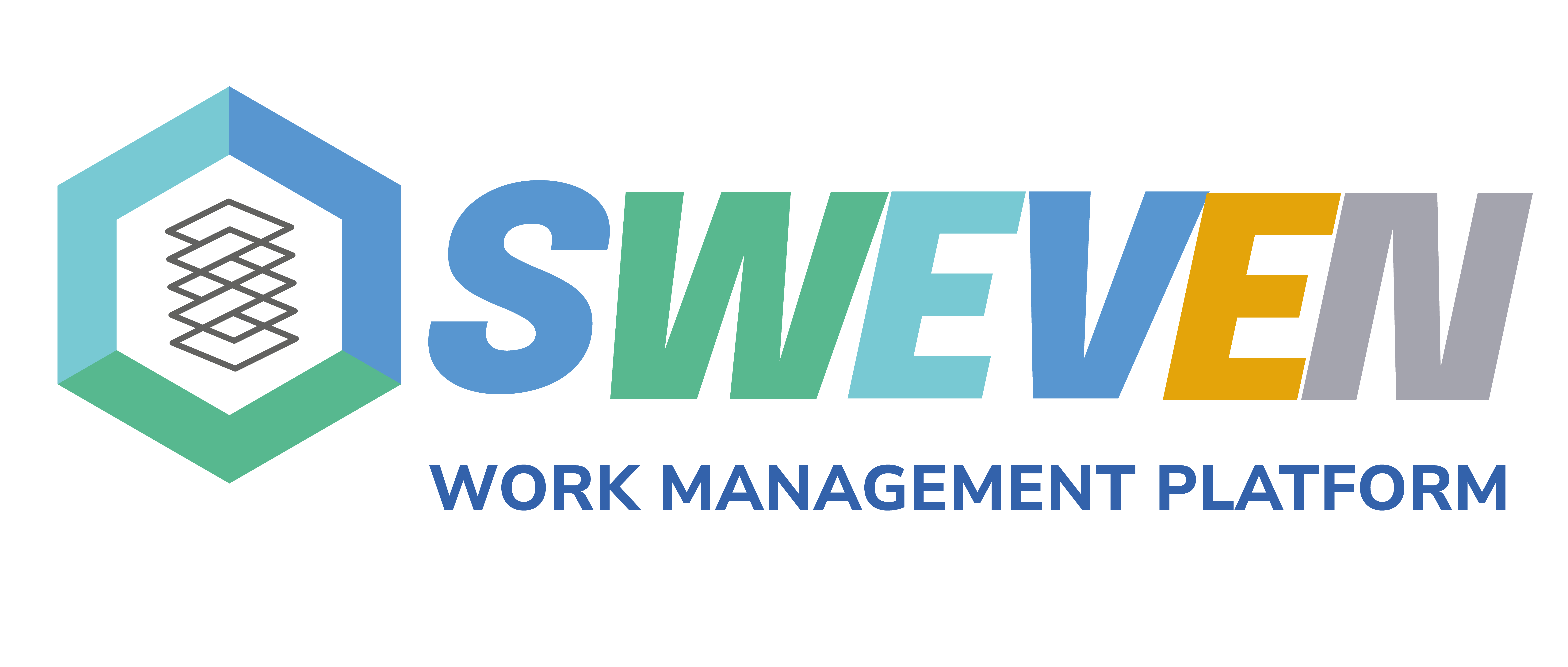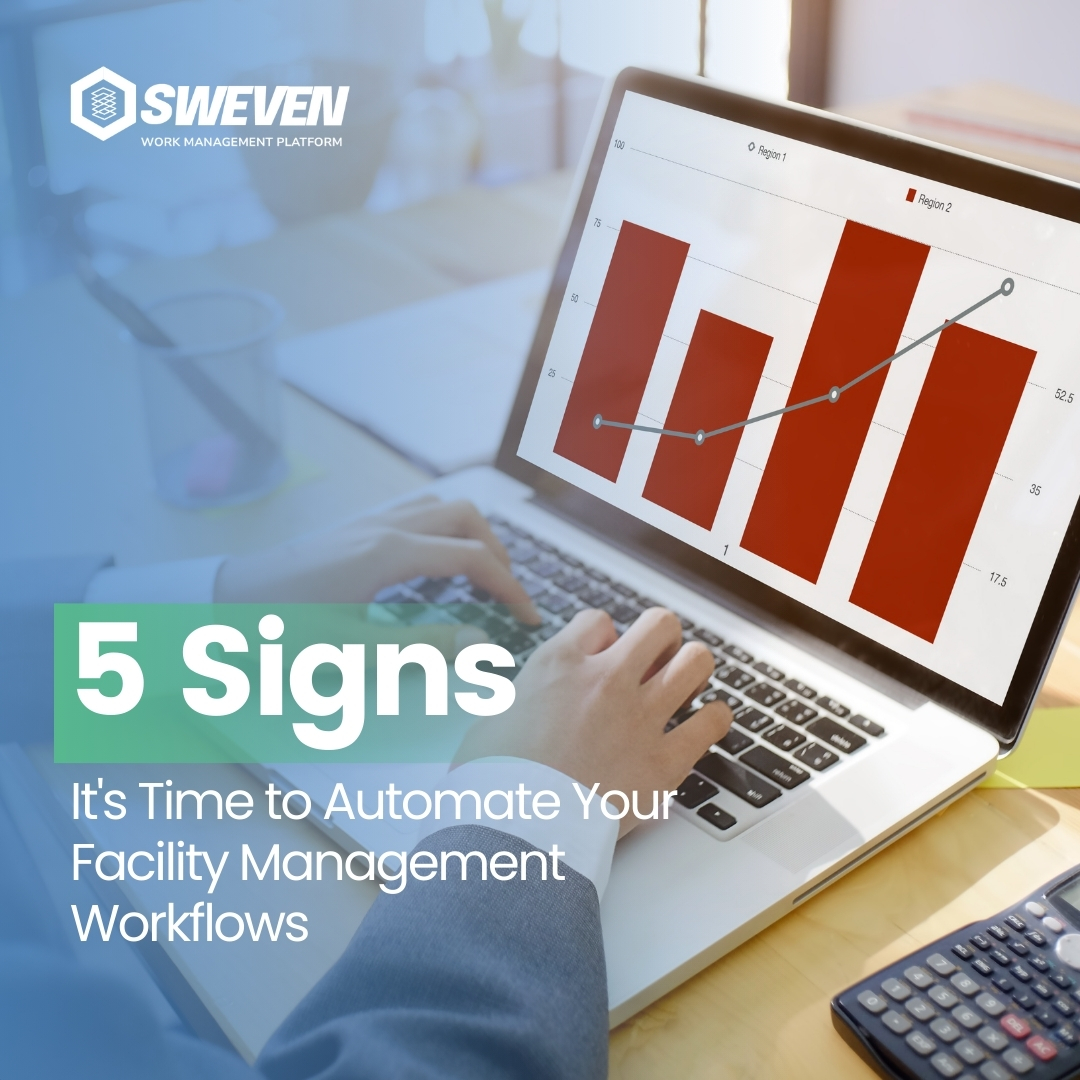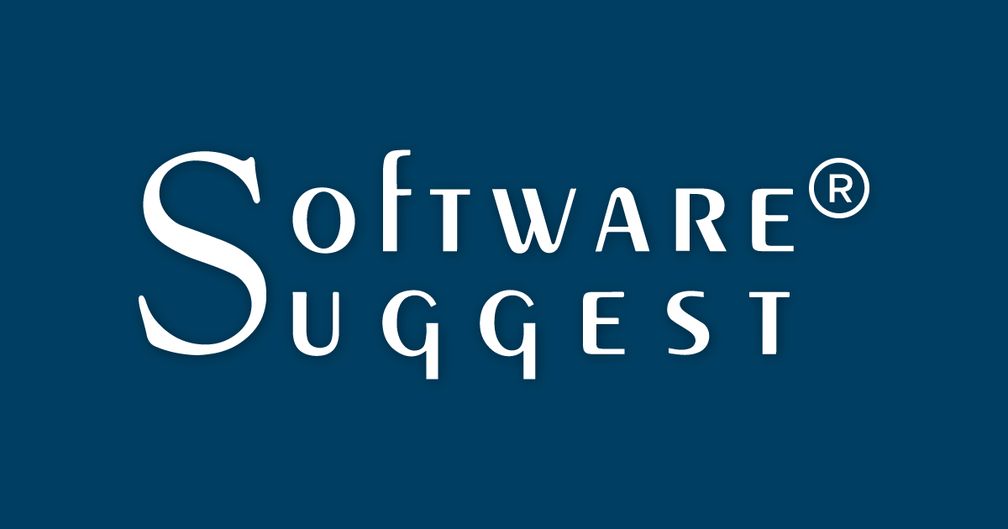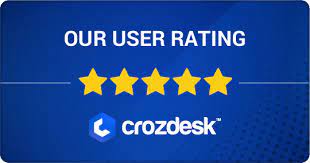
Vendor management is a critical function within any organization, as it directly impacts the supply chain, project timelines, and ultimately, customer satisfaction. One of the most common challenges vendor managers face is ensuring that vendors deliver products or services on time. Delays can lead to significant disruptions, increased costs, and damaged reputations. To prevent these issues, vendor managers must implement proactive strategies and utilize the right tools to keep vendors accountable and ensure timely delivery.
The Impact of Late Deliveries
When vendors fail to deliver on time, the consequences can ripple throughout the organization. Some of the impacts include:
- Production Delays: If a vendor fails to deliver essential materials or components, production schedules can be thrown off, leading to missed deadlines and unmet customer expectations.
- Increased Costs: Delays often result in additional costs, such as expedited shipping fees, overtime pay for staff, or even penalties for failing to meet contractual obligations.
- Supply Chain Disruptions: Late deliveries can disrupt the entire supply chain, causing a domino effect that impacts other vendors and partners.
- Damage to Reputation: Consistent vendor delays can damage an organization’s reputation, leading to lost business and a decline in customer trust.
Strategies for Preventing Vendor Delivery Failures
To prevent vendors from failing to deliver on time, vendor managers must take a proactive approach. Here are some strategies that can help:
1. Establish Clear Expectations
Before entering into any agreement with a vendor, it’s crucial to establish clear expectations. This includes setting specific deadlines, outlining the scope of work, and defining quality standards. Make sure these expectations are documented in the contract and communicated clearly to the vendor.
2. Monitor Vendor Performance
Regularly monitoring vendor performance is key to ensuring that they are meeting their obligations. This can be done through periodic reviews, performance scorecards, and regular communication. Monitoring helps identify potential issues early, allowing you to address them before they lead to delays.
3. Maintain Open Communication
Effective communication is essential for successful vendor management. Maintain regular contact with your vendors to stay informed about their progress and any potential challenges they might be facing. Open communication allows for quick resolution of issues and helps build a strong working relationship.

4. Implement Contingency Plans
Even with the best planning, unexpected delays can occur. Having a contingency plan in place ensures that your organization can respond quickly and effectively to any disruptions. This might include having backup vendors, maintaining a buffer stock of critical materials, or scheduling flexible deadlines.
5. Leverage Technology for Better Vendor Management
Utilizing technology can significantly enhance your vendor management processes. Tools like vendor management systems (VMS) can automate many aspects of vendor management, from performance tracking to communication and contract management. This not only saves time but also ensures that all relevant information is easily accessible.
How SwevenBPM Can Help
SwevenBPM is a powerful tool that can help vendor managers prevent delivery failures and ensure timely performance from vendors. Here’s how:
1. Real-Time Vendor Performance Tracking
SwevenBPM allows you to track vendor performance in real-time. With customizable dashboards and automated reporting, you can monitor key performance indicators (KPIs) such as on-time delivery rates, quality of products or services, and responsiveness. This visibility ensures that you can quickly identify and address any potential issues before they escalate.
2. Automated Alerts and Notifications
SwevenBPM offers automated alerts and notifications that keep you informed of critical events. If a vendor is at risk of missing a delivery deadline, you’ll receive a notification, allowing you to take immediate action. These alerts can be customized based on your specific needs, ensuring that you’re always in the loop.
3. Streamlined Communication
Effective communication is crucial for preventing delays, and SwevenBPM provides a centralized platform for all vendor communications. This ensures that all relevant parties are kept in the loop and that any issues can be resolved quickly. The platform also allows for easy document sharing, ensuring that contracts, schedules, and other important documents are always accessible.
4. Risk Management and Contingency Planning
SwevenBPM’s advanced analytics capabilities allow you to identify potential risks in your vendor relationships. By analyzing past performance data, the system can help you predict future issues and develop contingency plans. This proactive approach ensures that you’re prepared for any disruptions and can maintain continuity in your operations.
5. Contract and SLA Management
Managing contracts and service level agreements (SLAs) is easier with SwevenBPM. The platform provides tools for creating, storing, and managing contracts, ensuring that all terms and conditions are met. You can set up automated reminders for key dates, such as renewal deadlines or performance reviews, ensuring that nothing falls through the cracks.

Conclusion
Preventing vendors from failing to deliver on time requires a proactive approach, clear communication, and effective use of technology. By implementing strategies such as monitoring performance, maintaining open communication, and having contingency plans in place, vendor managers can significantly reduce the risk of delays.
SwevenBPM offers the tools you need to manage your vendors effectively, ensuring that they deliver products and services on time, every time. With real-time performance tracking, automated alerts, streamlined communication, and advanced risk management capabilities, SwevenBPM empowers vendor managers to take control of their supply chain and keep their operations running smoothly. By leveraging SwevenBPM, you can not only prevent delivery failures but also build stronger, more reliable vendor relationships that contribute to the overall success of your organization.

























